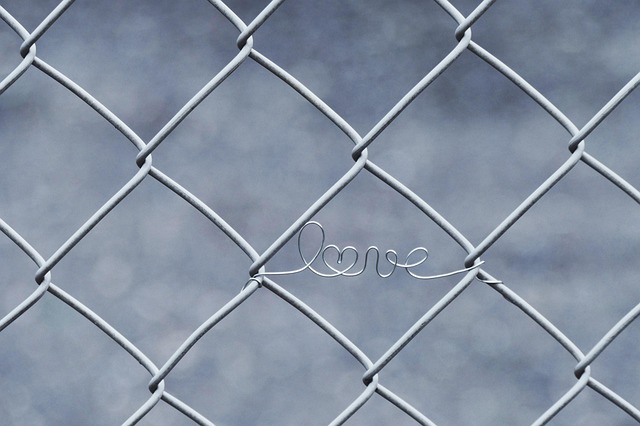Potty training in Indianapolis daycare centers faces challenges like high student-to-caregiver ratios and cultural differences, necessitating adaptable, structured programs that prioritize children's physical and emotional well-being to prevent daycare abuse law issues. Effective training methods using positive reinforcement, age-appropriate routines, and communication strategies create a safe, supportive environment, while strict bathroom safety regulations, including non-slip floors and easy access to emergency equipment, mitigate risks.
In Indianapolis, ensuring proper potty training practices in daycare centers is paramount for children’s well-being and legal compliance. Daycare facilities bear a significant responsibility in facilitating this crucial milestone, but challenges often arise due to staffing shortages, lack of training, or inappropriate methods. This article explores these issues, delving into the legal implications of negligent potty training, effective strategies for caregivers and teachers, and critical steps to create safe, supportive bathroom environments, with insights from top Indianapolis daycare abuse law firms.
Understanding Potty Training Challenges in Daycare Settings

Potty training can be a challenging aspect of childcare, especially in bustling daycare centers where managing multiple children’s needs requires careful navigation. Many daycare facilities in Indianapolis face unique obstacles when it comes to proper potty training practices. These challenges often stem from high student-to-caregiver ratios, which can hinder one-on-one attention and consistent routines—essential factors for successful potty learning.
Additionally, cultural differences and varying developmental milestones among children create a diverse learning environment. Caregivers must be adept at adapting their approaches to accommodate these variations while ensuring a safe and supportive setting. Given the sensitive nature of potty training and potential incidents of daycare abuse law issues in Indianapolis IN, it’s crucial for centers to implement structured programs that prioritize both physical and emotional well-being.
Legal Implications of Negligent Potty Training Practices

In Indianapolis, proper potty training practices are not just about teaching children a vital life skill; they’re also governed by legal standards and regulations. Daycare centers have a legal obligation to ensure the safety and well-being of every child in their care, which includes implementing effective and age-appropriate potty training methods. Negligent potty training can lead to significant legal implications, including potential liability under daycare abuse laws. Parents should be vigilant and aware of their rights if they suspect their child has suffered due to inadequate or harmful potty training practices. Consulting with a reputable daycare abuse law firm in Indianapolis, IN, can help protect their interests and secure justice for any wrongdoings.
The consequences of negligent potty training may include physical injuries from rough handling during the process, emotional trauma resulting from a child being left in soiled diapers or pants for extended periods, or even long-term developmental issues. Such incidents can lead to legal actions against the daycare center, with families seeking compensation for medical expenses, pain and suffering, and other related damages. Understanding these legal implications underscores the critical importance of proper training and supervision during potty training activities at Indianapolis daycare centers.
Effective Training Methods for Caregivers and Teachers

Effective training methods are paramount in Indianapolis daycare centers to ensure proper potty training practices that adhere to state regulations and prevent potential daycare abuse cases, as highlighted by local daycare abuse law firms. Interactive workshops and hands-on demonstrations can empower caregivers and teachers with the latest techniques, fostering a safe and supportive environment for children’s development. These sessions should cover various topics, including positive reinforcement strategies, age-appropriate potty training routines, and effective communication methods to address children’s needs.
By integrating these training programs into daycare center operations, staff members gain valuable insights into managing behavioral challenges associated with potty training. Through role-playing scenarios, they learn how to respond sensitively to accidents or resistance, reducing potential distress for both children and caregivers. Ultimately, these practices contribute to creating a nurturing atmosphere that facilitates successful potty learning experiences while minimizing the risk of daycare abuse allegations.
Protecting Children: Ensuring Safe and Supportive Bathrooms

In Indianapolis daycare centers, ensuring safe and supportive bathrooms is paramount not just for hygiene but also for child protection. Daycare facilities must adhere to stringent safety standards and regulations, including those related to bathroom design and supervision. Proper bathroom practices not only prevent accidents but also mitigate potential risks of abuse, as vigilant caregivers can observe children’s behavior and interactions in this intimate setting.
A daycare abuse law firm in Indianapolis IN highlights the significance of well-maintained bathrooms equipped with age-appropriate fixtures and safety features. This includes non-slip floors, secure handrails, and easily accessible emergency equipment. Caregivers should be trained to monitor children during bathroom breaks, ensuring they understand privacy while also being aware of any unusual behavior that could signal distress or potential abuse. Such proactive measures contribute to a safe environment, fostering the well-being and emotional security of every child under their care.



